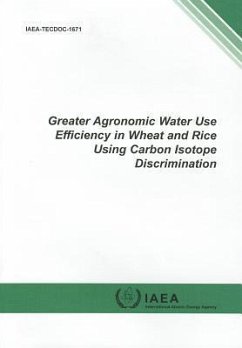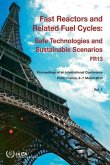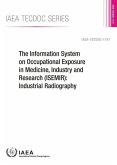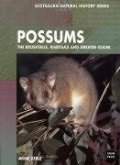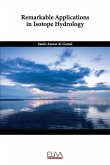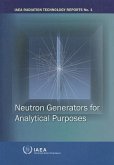Water scarcity, drought and salinity are among the most important environmental constraints challenging crop productivity in the arid and semi-arid regions of the world, especially rain-fed production systems. This publication presents the outcome of an IAEA coordinated research project which is aimed at increasing agronomic water-use efficiency in wheat and rice production. The studies show that the carbon isotope discrimination (CID) which is the ratio of the variation of carbon-13 versus carbon -12 in plant samples (leaf and grain), is a good selection tool for identifying high yielding genotypes of wheat under drought stress environments for both pre-anthesis and post-anthesis stages. The CID of flag leaf can also potentially be used to select rice genotypes for salinity tolerance and for selecting parental lines for breeding. The experience gained through these studies will be highly relevant to the needs of developing Member States in Africa, Asia and Latin America.
Hinweis: Dieser Artikel kann nur an eine deutsche Lieferadresse ausgeliefert werden.
Hinweis: Dieser Artikel kann nur an eine deutsche Lieferadresse ausgeliefert werden.

